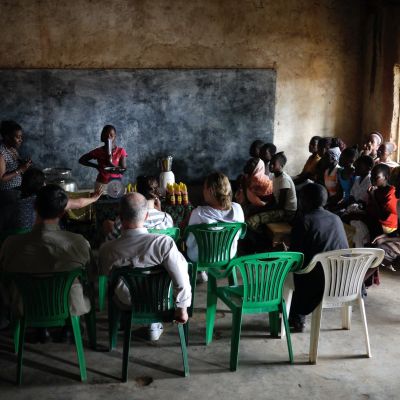Sowing the Seeds of Love
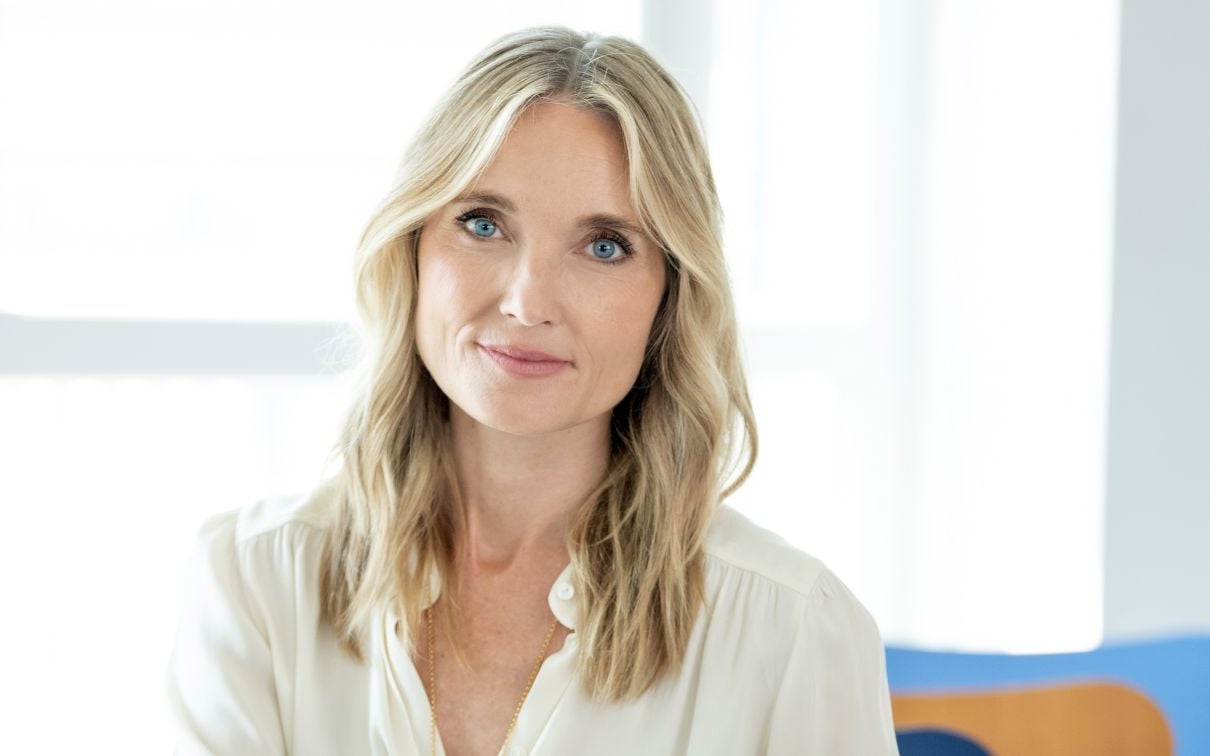
Malene Rydahl, author and happiness coach, is bringing a sense of empathy into schools.
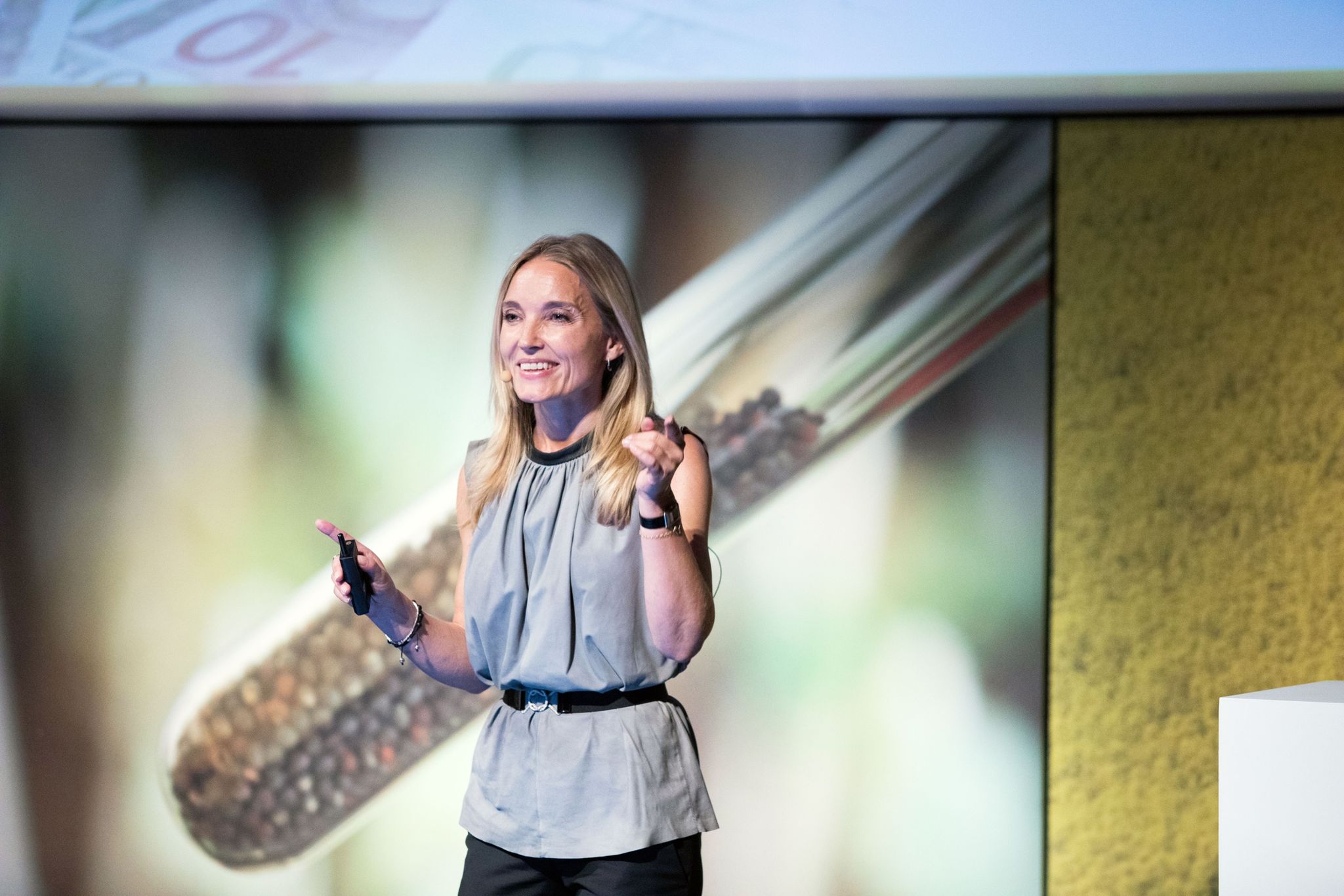
Malene Rydahl didn’t always practice what she preached. The best-selling author of Happy as a Dane recalls giving a talk about how Danish society sowed the seeds of happiness among its people: a culture of trust; the importance of downtime; need for children to play first and commit to academia second; a robust welfare system and universal healthcare; and a strong sense of communal responsibility.
A person in the audience put a hand up and began to argue. He said Rydahl was wrong. Denmark was rife with unhappiness, alcoholism and depression. She began to argue back, and soon the room was split down the middle between people who were arguing for one radical extreme or another.
Rydahl, who grew up in Denmark and moved to Paris two decades ago, in her usual positive way, took the experience as a learning curve. “It was a lightbulb moment. Instead of trying to convince everyone I was right, I should have accepted his view and said, ‘yes that is interesting, let’s hear more about your point of view, and have a real conversation’.”
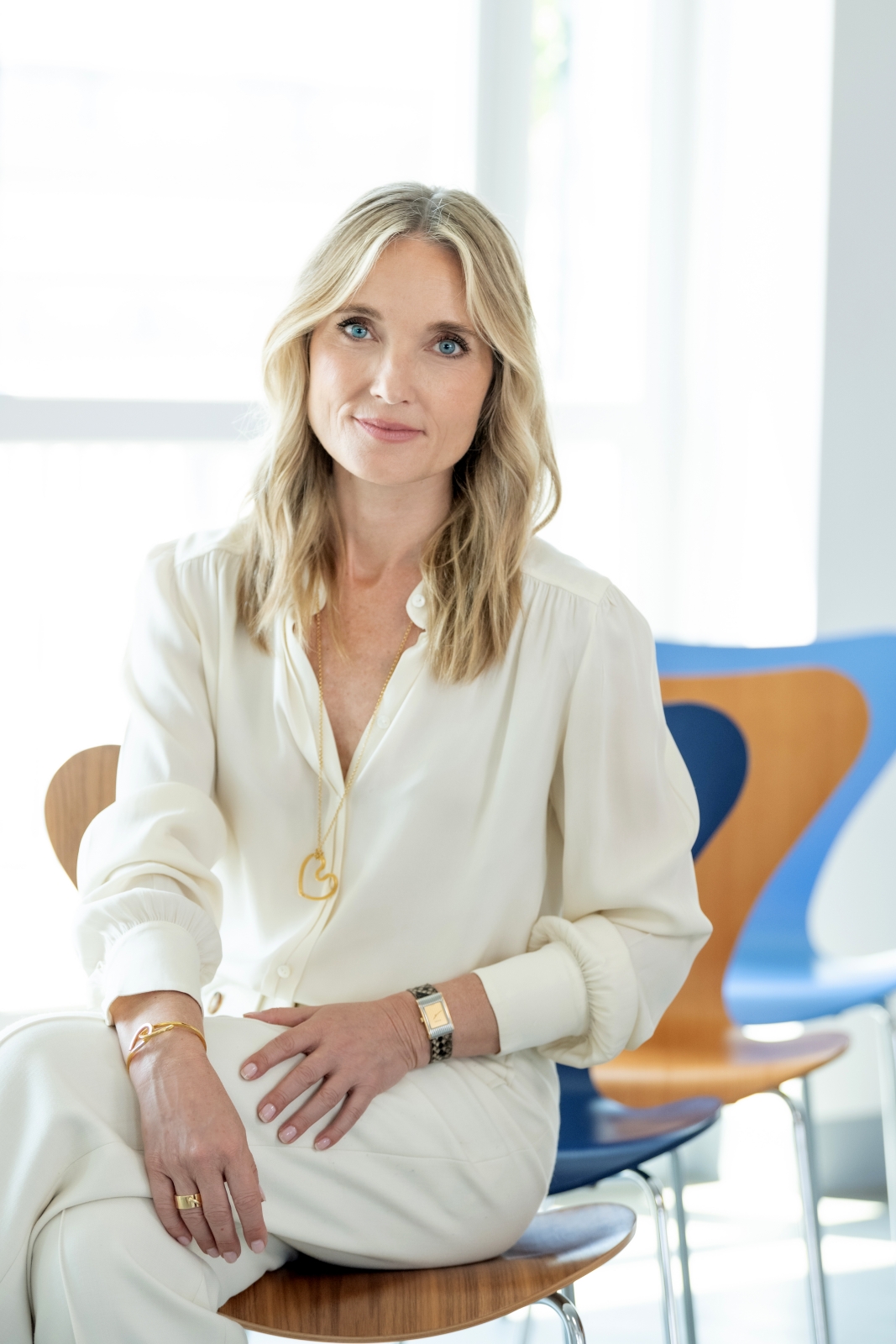
Learning, or relearning, how to empathise with the views of others, is seminal to what Rydahl does now. She believes that it will be increasingly essential in the future, as conflicts over land and citizenship will only grow as with global warming, the planet becomes more under-resourced and unliveable. The conflict in Gaza? The Ukraine war? Both could have been avoided, or lessened, with greater empathy between sides, in her view. “There will always be conflicts, but hopefully less if our children are taught how to live and treat others with empathy. It’s something that doesn’t come naturally to many of us.”
Rydahl, who serves as a senior advisor for Boston Consulting Group, has recently succeeded in getting empathy lessons for students in sixth grade in 1,200 French schools onto the weekly curriculum, with the support of the French education ministry. The plan is to roll it out into the entire French school system in time.
Schools that host the empathy lessons are reporting good results already. In the six months since the programme launched, there have been less cases of bullying, as students have a better ability to interact with their peers and teachers and generally. “The beauty of this is that with emotional tension gone, it allows for better focus on the academic subjects such as maths and science,” says Rydahl.
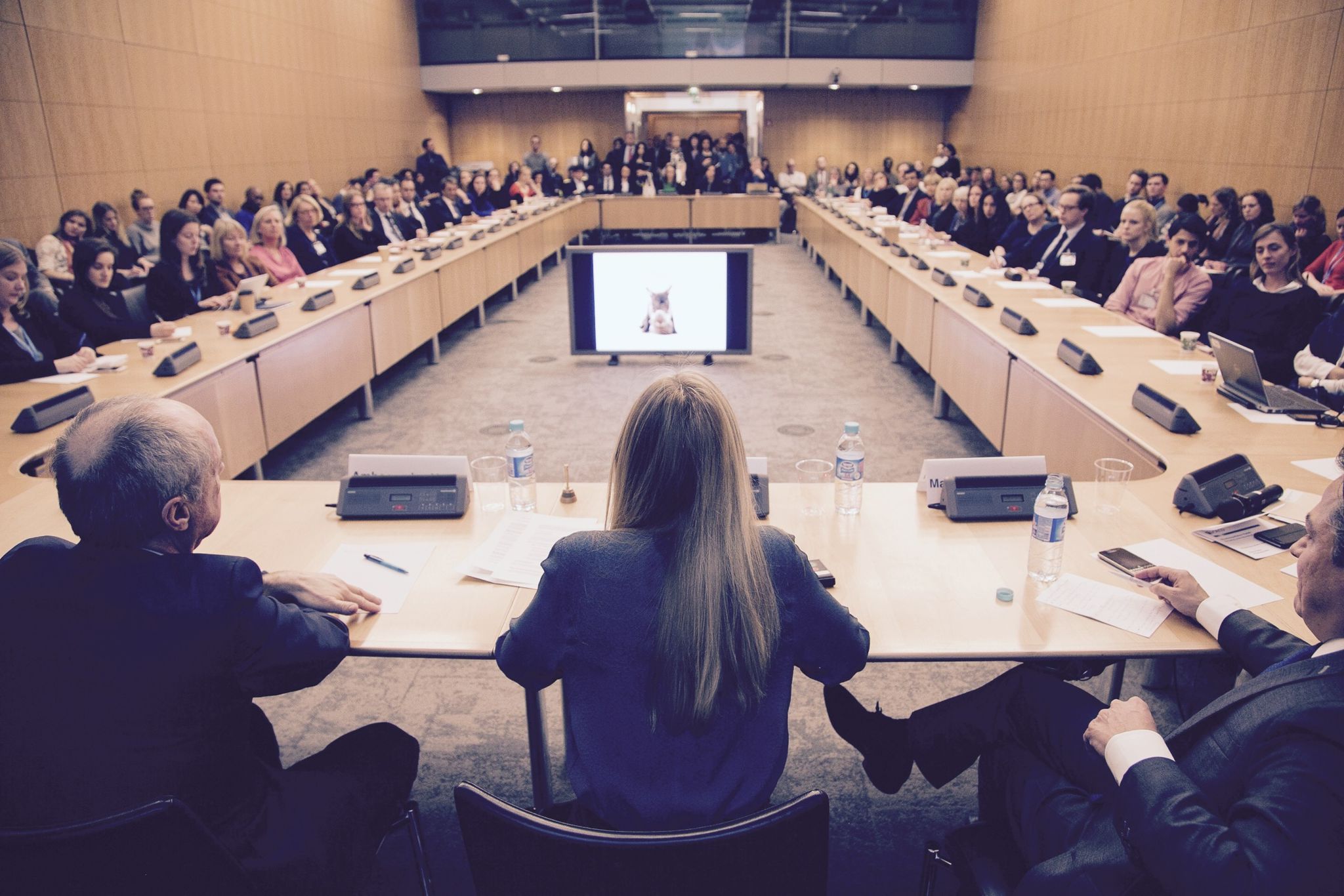
“Empathy is the capacity to see and hear other people — to understand their perspective. It is about living together in a society where we are not necessarily agreeing, but we aren’t fighting about it. It is the same thing in a board room — collective intelligence. In Scandinavia we are raised that way, and when you learn it in schools it does stay with you.”
Getting empathy taught in schools wasn’t an easy sell at first, she caveats, and Rydahl spent many years on the ground going door to door at schools in a bid to find those with more of an open mind. Happily, she says, there has been a recent groundswell behind emotional awareness that has helped her cause.
“Over the past decade, I’ve seen a shift in awareness towards the importance of happiness, empathy, and well-being in the workplace. This has empowered me to continue advocating for these values and has reinforced my belief in the transformative power of effective leadership,” she says.
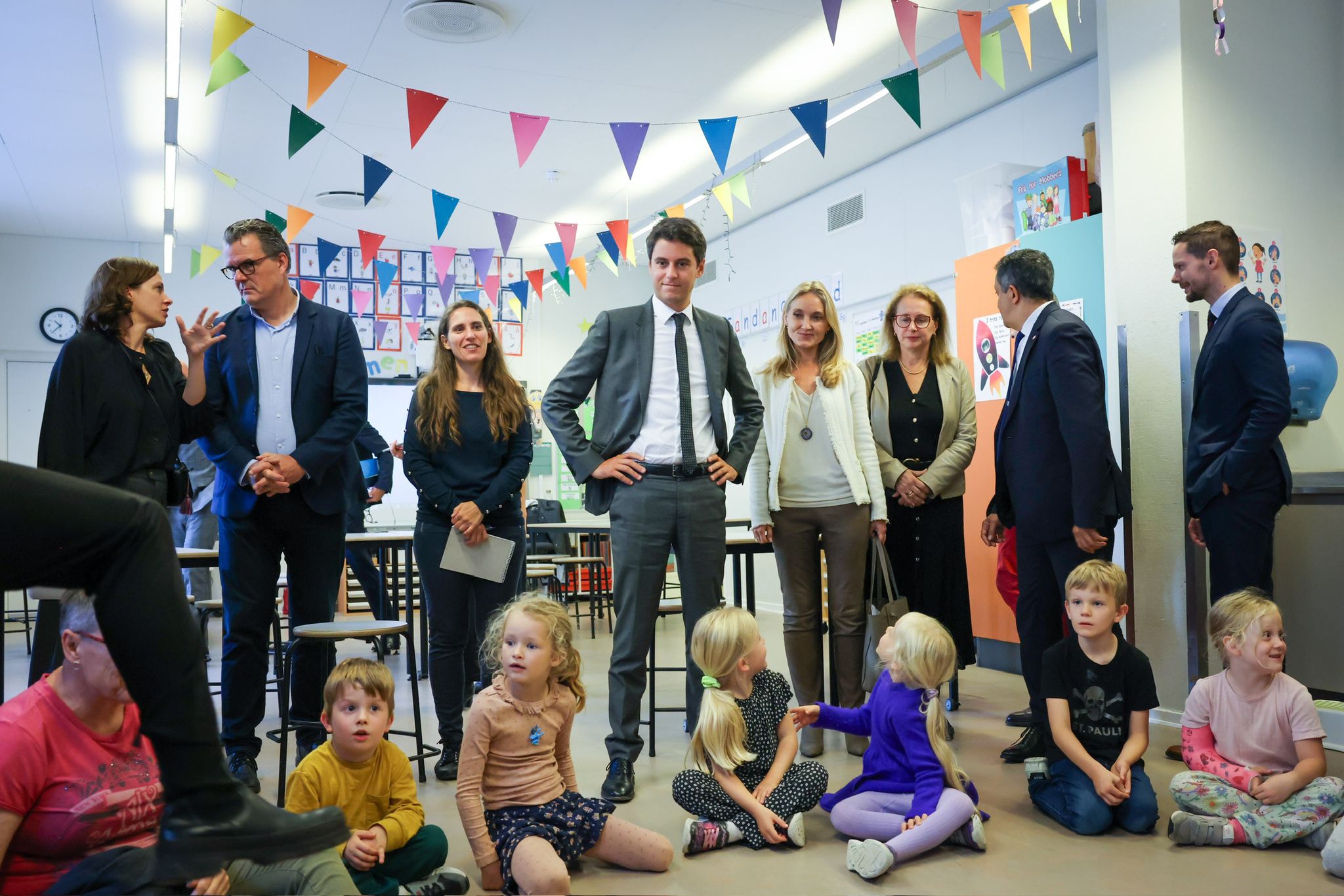
“It’s important in life to have differences of opinion and listen to them. Often, social media can lead us to think we’re in a vacuum, with our same opinions repeated to us like we’re in an echo chamber. Collaboration across different fields enhances creativity, problem-solving, and innovation, contributing to a more dynamic and inclusive work environment.
“Looking ahead, I am excited about the next steps in my journey. I aspire to further integrate empathy classes into education systems, contributing to the emotional intelligence and well-being of future generations. My goal is to leave a lasting impact by fostering a culture of well-being, empathy, and sustainable leadership in the years to come.”







